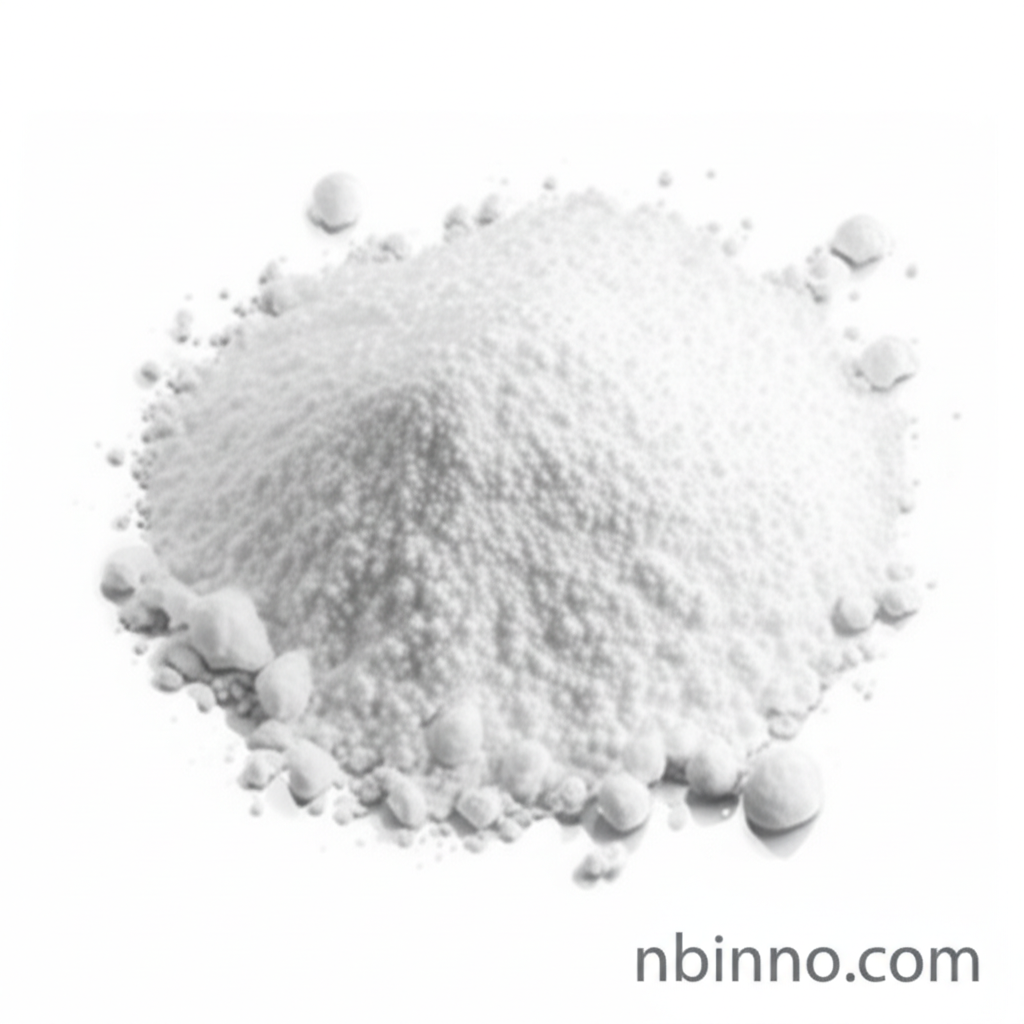CART (55-102) (Human): A Neuromodulatory Peptide Fragment for Appetite Regulation
Discover the role of this potent satiety factor in modulating feeding behavior and body weight.
Get a Quote & SampleProduct Core Value

CART (55-102) Peptide Fragment (Human)
This neuromodulatory neuropeptide fragment, derived from the Cocaine- and Amphetamine-Regulated Transcript (CART), is recognized for its potent appetite-suppressing activity. It acts as a key satiety factor, inhibiting both normal and starvation-induced feeding behaviors. Its mechanism is closely related to the actions of leptin and neuropeptide Y, as it blocks the neuropeptide Y-induced feeding response.
- Explore the potent appetite-suppressing activity of CART (55-102) (Human), a critical peptide for understanding satiety mechanisms.
- Understand how this satiety factor peptide influences feeding patterns, offering insights into metabolic regulation.
- Learn about the complex interplay between cocaine amphetamine regulated transcript and hormonal signals like leptin.
- Investigate the role of this peptide in body weight homeostasis and its potential applications in metabolic research.
Key Advantages
Enhanced Appetite Control Research
Leverage the precise activity of CART (55-102) (Human) to advance research in appetite suppression and understand its physiological effects.
Neuromodulatory Insights
Gain deeper insights into neuromodulatory signaling pathways by studying this fragment's role in the central nervous system, utilizing our high-purity product.
Metabolic Homeostasis Study
Utilize this peptide to investigate body weight homeostasis and the complex interactions between various signaling molecules affecting metabolism.
Key Applications
Metabolic Research
Facilitate studies on metabolic regulation and the mechanisms controlling food intake and energy balance with this specialized peptide.
Neuroscience Studies
Explore neuromodulatory roles and their impact on behavior, utilizing CART (55-102) (Human) in advanced neuroscience research.
Obesity and Diabetes Research
Investigate potential therapeutic targets and understanding the physiological basis of obesity and related metabolic disorders.
Pharmacological Studies
Utilize this well-characterized peptide in pharmacological studies to understand receptor interactions and signaling cascades related to appetite.
